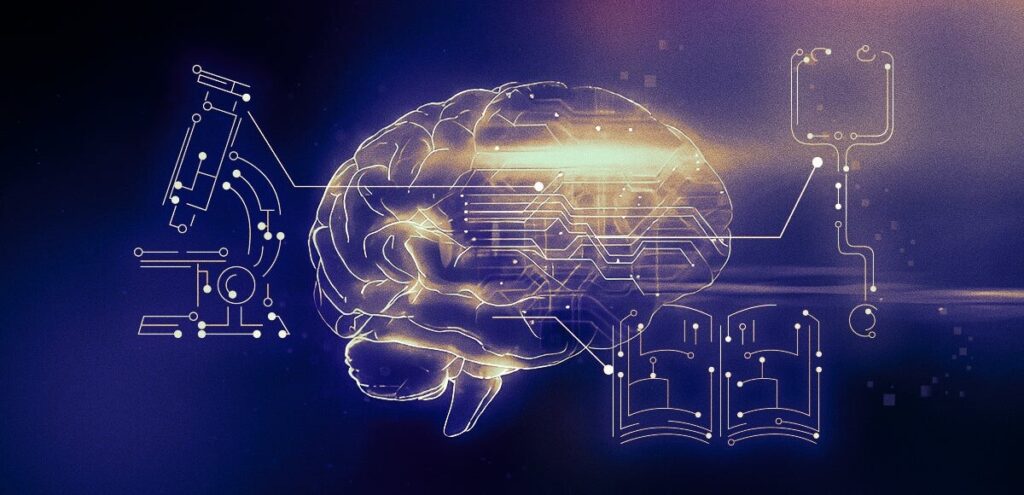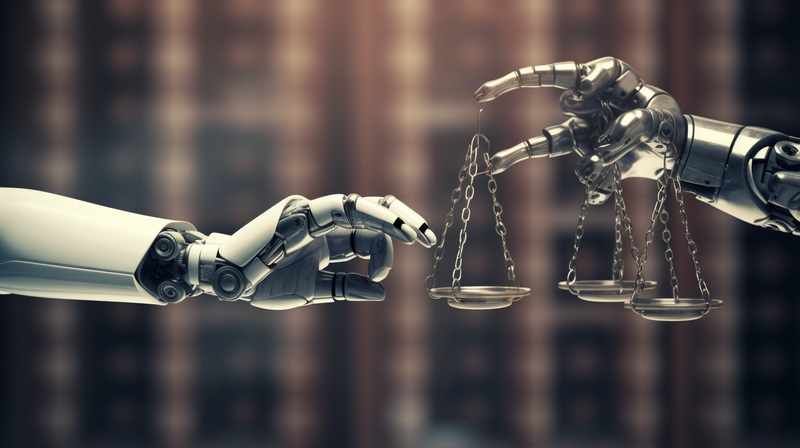As artificial intelligence (AI) continues to advance at an unprecedented pace, questions surrounding ethics and the preservation of the human factor have come to the forefront of discussions about the future of technology. While AI has the potential to revolutionize industries, improve efficiency, and enhance our quality of life, it also raises profound ethical concerns about issues such as bias, privacy, accountability, and the impact on jobs and society. In this article, we’ll explore the ethical implications of AI and how we can preserve the human factor in the era of automation.
1. Bias and Fairness:
One of the most pressing ethical concerns surrounding AI is the issue of bias in algorithms and decision-making processes. AI systems are trained on large datasets, which may contain biases inherent in the data, such as gender, race, or socioeconomic status. If left unchecked, these biases can perpetuate or exacerbate existing inequalities and discrimination in society. To address this issue, developers and policymakers must prioritize fairness and transparency in AI systems, ensuring that algorithms are trained on diverse and representative datasets and that decisions are explainable and accountable.
2. Privacy and Data Protection:

AI relies heavily on data to train models and make predictions, raising concerns about privacy and data protection. As AI systems collect and analyze vast amounts of personal data, there is a risk of privacy violations and unauthorized access to sensitive information. To protect privacy in the era of AI, policymakers must enact robust data protection regulations and standards, such as the General Data Protection Regulation (GDPR), which give individuals control over their personal data and require organizations to obtain consent before collecting and using data.
3. Accountability and Transparency:
Ensuring accountability and transparency in AI systems is essential for maintaining public trust and confidence in technology. However, the black-box nature of many AI algorithms makes it difficult to understand how decisions are made and who is responsible for errors or biases. To address this challenge, developers must design AI systems with built-in mechanisms for transparency and accountability, such as explainable AI (XAI) techniques that provide insights into the decision-making process. Additionally, policymakers should establish clear guidelines and regulations for the responsible development and deployment of AI.
4. Job Displacement and Economic Impact:
The widespread adoption of AI and automation has raised concerns about job displacement and the future of work. While AI has the potential to increase productivity and create new job opportunities, it also has the potential to automate routine tasks and eliminate certain types of jobs. To mitigate the negative impact of AI on employment, policymakers must invest in education and training programs to equip workers with the skills needed for the jobs of the future. Additionally, policies such as universal basic income (UBI) may be necessary to provide economic security for workers affected by automation.
5. Societal Impact and Inequality:

AI has the potential to exacerbate existing social and economic inequalities if not carefully managed. As AI becomes more integrated into society, there is a risk of widening the gap between those who have access to AI technologies and those who do not, leading to disparities in healthcare, education, and employment opportunities. To address this issue, policymakers must ensure that AI technologies are developed and deployed in a way that promotes equity and inclusivity, taking into account the needs and perspectives of marginalized communities.
6. Human-Centered Design and Ethical Leadership:
Ultimately, the key to preserving the human factor in the era of automation lies in human-centered design and ethical leadership. Developers and policymakers must prioritize human values such as fairness, transparency, privacy, and accountability in the design and implementation of AI systems. By placing human well-being at the center of decision-making processes, we can harness the power of AI to benefit society while minimizing the risks and negative consequences.
In conclusion, ethics and artificial intelligence are inextricably linked in the quest to harness the power of technology for the greater good. By addressing ethical concerns such as bias, privacy, accountability, job displacement, and societal impact, we can ensure that AI remains a force for positive change and preserves the human factor in the era of automation. With careful attention to ethics and responsible leadership, we can build a future where AI serves humanity and enhances our collective well-being.

